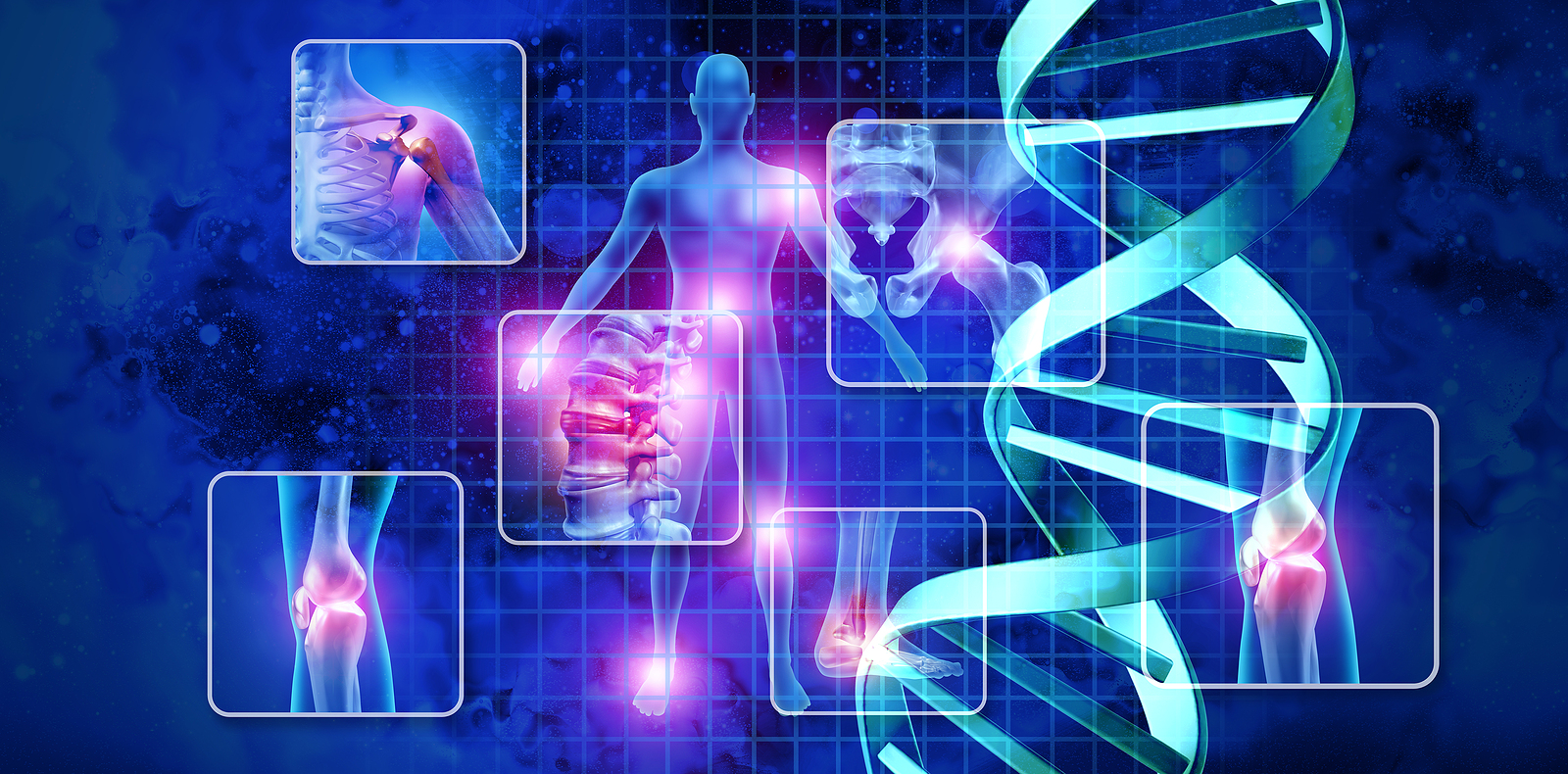
Consumers should beware of stem cell treatments for Covid-19
A recent analysis has identified 38 companies offering so-called stem cell treatments and exosome treatments for preventing as well as treating COVID. These interventions are not supported by convincing safety and efficacy data; they have not been authorised by regulatory bodies such as the Food and Drug Administration (FDA).
The study, led by Professor Leigh Turner, from University of California, Irvine, also found that some of these dubious businesses are claiming to treat long Covid. This is often a debilitating condition that has no proven treatments at present. Some patients with long Covid may have physical symptoms including brain fog, fatigue and headaches that persist for months or possibly years. Desperate patients are extremely vulnerable to misleading claims made by such unscrupulous businesses due to the seriousness of the symptoms they are suffering.
As the human body’s master cells, stem cells have tremendous potential to repair and regenerate cells. However, these therapies have not been approved by regulatory groups. The FDA approved stem cell treatments for only some blood disorders but not for any other medical condition.
In 2021, the early days of the pandemic, Turner published a study regarding 1,480 American businesses promoting unlicensed stem cell-based interventions, some of which even claimed to prevent and treat Covid-19. In the present study, the companies continue to make those same claims while adding claims about long Covid; 36 of the 38 businesses in this analysis stated they had treatments for it. Six companies promoted them as immune boosters, five claimed to treat patients in the acute stage and two businesses stated their products were preventive. As means of advertising their products, some businesses resorted to social media like Facebook, Instagram, Twitter and TikTok. There were also promotional videos on YouTube.
The 38 companies are either operating or facilitating access to 60 clinics. Of the 60 clinics, 24 operate in the US and 22 in Mexico. Other clinics are in Ukraine, Guatemala, Malaysia, Panama, the Philippines, Poland, Spain, Thailand and the United Arab Emirates (UAE). Many of these treatments are costly — between US$2,950 and $25,000. Some prices were stated as minimum costs, which suggests that the real expenses might be much more. Health insurance coverage generally does not cover stem cell interventions.
It is critical to have strict oversight as well as enforcement of the existing law. Regulatory bodies, such as the FDA and FTC (Federal Trade Commission) need to play their part enforcing the regulation. The FDA’s Center for Biologics Evaluation and Research (CBER) is tasked with regulating cells, tissues and cellular and tissue-based products (HCT/P) which are intended for implantation, transplantation, infusion or transfer into a recipient. The agency has published detailed documents (good tissue practice, donor screening and donor testing requirements), to prevent the introduction, transmission and spread of communicable disease.
The FTC should pursue enforcement action against the clinics based on its jurisdiction over consumer protection issues such misleading and deceptive advertising. This agency’s aims include the promotion of competition as well as protecting and educating consumers. The commission should pursue a legal action when it has reason to believe that the violators are breaking or are about to break the law and it appears that bringing a lawsuit is needed as it is in the public interest. These federal bodies must implement various enforcement steps against these unscrupulous stem cell clinics. The measures should include warning letters and untitled letters and even suing these businesses.
There is at least one case that involves a lawsuit brought against a clinic that promoted stem cell products are treatments for Covid. In State of Washington v. US Stemology LLC and Tami Meraglia, it was alleged that US Stemology violated the state’s consumer protection legislation by deceptively promoting stem cell treatments of severe conditions, including Covid-19, without scientific basis. These claims were made at the start of the pandemic. A promotion from the company mentioned that a “critically ill” Covid patient recovered from the treatments. It also claimed a “Free Coronavirus Thriving Guide” that called stem cell treatment “your personalised ‘vaccine’ against getting sick with Covid-19.” It stated, “The reason for this is because stem cell therapy treats the lungs first and has long-term anti-inflammatory and immune modulating properties.” Ultimately, the parties reached a settlement — the company would pay $500,000 to the Attorney General’s Office, which will be distributed to the patients.
On a positive note, the National Institutes of Health (NIH) has begun several clinical trials on treating long Covid. Also the FDA has authorised stem cell clinical trials for long Covid. There has been a worrying surge of cases during this holiday period. Thus, patients with Covid, especially those with long Covid, need to shun these unscrupulous clinics peddling dubious treatments. Equally important, the various enforcement agencies need to do their part.
*******
Dr Patrick Foong is a senior law lecturer at Western Sydney University. His research interest lies in bioethics and health law.
Dr Alan W. Leung was a junior faculty at Yale University and Nationwide Children’s Hospital, and led iPSC product development at CRISPR therapeutics and Elevatebio. He is currently a freelance life science consultant and writer. His research interest lies in human embryonic stem cell therapy and preclinical applications.
- Utah’s new stem cell law undermines FDA’s authority - April 17, 2024
- Australia’s first human challenge trials centre opens - April 4, 2024
- FDA approves first gene-editing therapy - February 15, 2024
